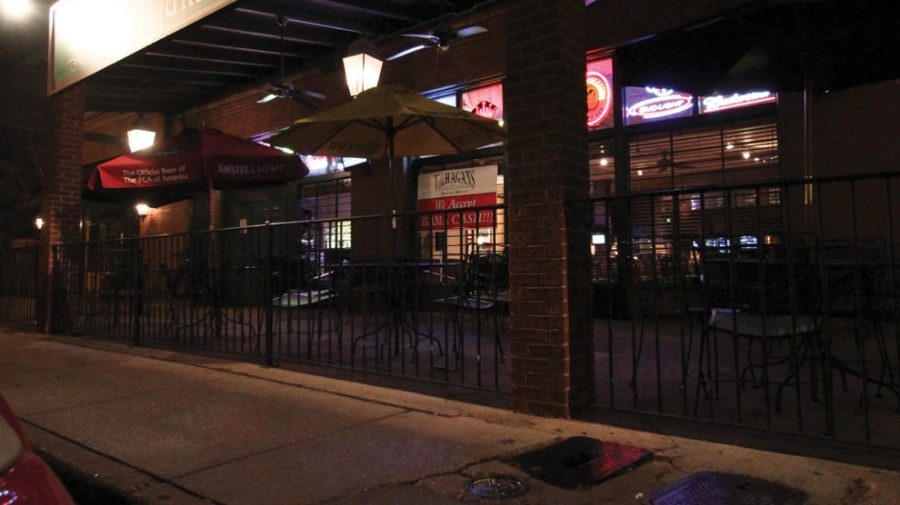At Wilhagan’s, school doesn’t start until Feb. 2. Beer school, that is.
For $30, patrons can attend six one-hour classes, all of which will be held at Wilhagan’s on Wednesday nights starting at 6. The six-week class is limited to 50 people, and sign-ups will be ongoing at Wilhagan’s until the class is full.
Coordinating the effort is Wilhagan’s owner Bill Lloyd, a UA alumnus and a self-professed lover of beers.
Inspired by the work of Free the Hops, a non-profit organization dedicated to changing Alabama’s “beer laws” to accommodate more breweries and thus bring a wider variety of beer to the state, Lloyd wants to expose people to beers they may never have tried.
“There’s so much more out than what people are used to drinking,” he said. “We [Wilhagan’s] carry so many beers. We serve 36 beers on tap and 90 different beers in all, and we’re adding to that number all the time. A lot of people haven’t been exposed to many of them.”
Teaching “Beer 101,” as it has come to be known by the Wilhagan’s employees, will be several beer experts and people from different breweries, Lloyd said. Each week, patrons can expect to participate in tastings while listening to experts talk about everything from brewing process and glassware to the difference between pale ales, lagers and Belgian and British style beers.
The number of beers available for tasting will vary from week to week, depending on the group coming in to present, but Lloyd expects patrons to be able to taste at least three or four beers every time. Patrons will also be given handouts about what they learned, and they will have the opportunity to rank beers after tasting them.
Bo Hicks, head of the Tuscaloosa chapter of Free the Hops, said he will be teaching the first class at Wilhagan’s. For the first night, he plans to give attendees a “broad overview of different styles,” and he will explain beer-related terminology.
He also plans on coming back for the rest of the classes.
“There are things that even I could learn from this,” he said.
Hicks is particularly looking forward to the night when representatives from the Birmingham-based Good People Brewing Company will visit Tuscaloosa.
“I like supporting local breweries,” he said. “I’m interested in learning more about their product and more about how they’ve managed to be so successful. They’re a local brewery, but I think they’re about to start distributing some of their beer in cans rather than bottles. That’s how successful they’ve been.”
Both Lloyd and Hicks agree that Free the Hops has been an influential part of bringing a wider variety of beer to the state of Alabama. Until 2009, “high-gravity” beers, or beers with higher-than-normal alcohol contents, weren’t allowed in the state, affecting many craft breweries.
Even still, state laws continue to limit beer bottles to16-oz. when many craft breweries sell beers in 20-oz. bottles, Hicks said. Free the Hops, with the help of a lobbyist and government officials in Montgomery, is still working to get restrictions like these changed.
According to the Free the Hops website, the organization is “motivated by a desire to have the same variety of choice when purchasing beer that Alabama citizens already enjoy when purchasing wine.”
As with wine, many higher-end restaurants have begun listing beer and food pairings on their menus, Lloyd said, and increasing the variety of beer allowed in the state will continue to encourage this practice.
Upon graduating “Beer 101,” patrons will receive diplomas. All will read “Magna Cum Lager.”
For more information about beer laws in Alabama, visit freethehops.org.









